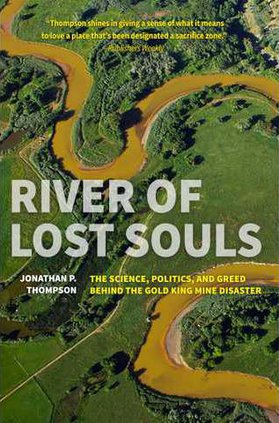Liberty County Clerk of Superior Court Barry Wilkes on Jan. 24 was elected chairman of the Georgia Superior Court Clerks’ Cooperative Authority, the state entity responsible for the creation and operation of Georgia’s Uniform Commercial Code financing statements, real estate, notary public and judicial information systems.
Wilkes, who currently is serving his seventh term of office as Liberty County’s Clerk of Superior Court, has served as vice chairman of the authority since 2001, after his appointment in 2000 to the authority’s board of directors by the executive board of the Council of Superior Court Clerks of Georgia.
“It is a tremendous honor that my fellow board members selected me to chair the board, but it is a great responsibility that I do not take lightly. Fortunately, we have great minds and hard workers on the board. Even though ours is limited in size, the staff is unequaled by any in state government, which makes my job a lot easier,” Wilkes said. “It was with great trepidation that I accepted the nomination. The demands of my job (as clerk of superior, state, juvenile and magistrate courts of Liberty County) and all the other responsibilities I have at home were a consideration.”
The new chairman explained that the authority operates “without ever having received 1 cent of funding from local, state or federal taxes. Instead, it operates on funds derived from user-based fees, which are assessed on UCC and real estate documents filed in the superior court clerks’ offices throughout the state.
“My estimates are that various governmental agencies and departments of Liberty County — not just the clerk’s office — have received over a half million dollars combined in equipment, consulting, technological assistance and high-speed communications and funds for recreating real estate records from the authority,” Wilkes said.
“Although the authority provided this assistance to enable us (clerks’ offices and other governmental entities) to do our jobs, as a result of mandates required for the UCC and real estate information systems and other projects, what we have received has helped us locally to advance technologically and to create other systems for doing other jobs that are not even related to the authority projects.
“I’ve always known where we need to go technologically in this office, but I’ve never been willing to ask for funding from local tax dollars. We don’t have the financial resources locally. So, I am extremely thankful for everything we have received from the authority,” Wilkes said
“As I said back in 2000 when I became a member of the board, I am deeply committed to the authority, what it has accomplished since its creation and what it is doing for those of us in the trenches who are trying to provide excellent services to the citizens of our counties without putting more tax burden on their backs. It’s a paradigm of how government ought to work and how simple solutions to complex problems can be solved without taxing everyone to death.”
Clerk of courts elected to state authority


Sign up for our e-newsletters


